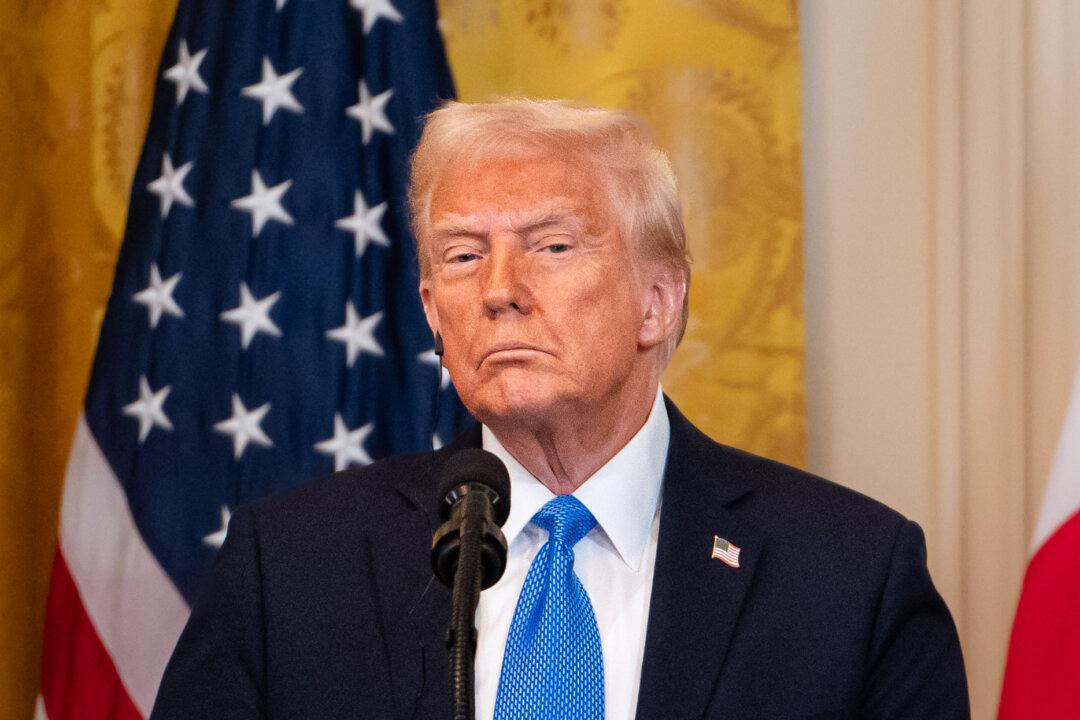As Australia’s steel and aluminium industry grapples with the potential impact of new U.S. tariffs, Prime Minister Anthony Albanese says he is due to speak with U.S. President Donald Trump.
President Trump announced sweeping 25 percent tariffs on steel and aluminium imports on Feb. 10, affecting about $900 million worth of Australian goods.





